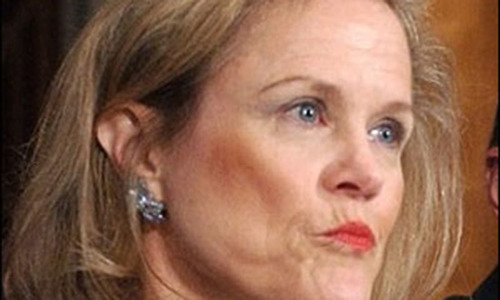Young Pakistan military officers oppose terrorism, says US expert

WASHINGTON: The new generation of Pakistani military officers is more sensitive to terrorism than its predecessors, says Robin Raphel, former assistant secretary of state for South Asia, rejecting a claim by the Afghan ambassador that those officers are more likely to back terrorism than current Pakistani commanders.
At a weekend seminar on Afghanistan at the Aspen Institute, California, America’s most prestigious forum on security issues, Ms Raphel said a lack of clarity in Washington’s policies was preventing Pakistan from breaking its links with the Haqqani network.
Hamdullah Mohib, Afghanistan’s ambassador in Washington, spoke before Ms Raphel and urged the international community to stop supporting Pakistan.
“Pakistan is moving toward becoming a state that supports terrorism as an element of foreign policy, to a state that believes in terrorism,” he claimed.
He alleged that the new cadre of officers in the Pakistani military believed in terrorism as an ideology and as those officers rose through the ranks, they would create more problems for the world.
“If we continue to give Pakistan a free pass, imagine the conflict at a time when the military is one million strong, has nuclear weapons, has sophisticated intelligence and believes in extremism at its core,” he warned.
He also urged the international community to work with the Pakistani civilian leadership to keep the military in check.
Since Pakistan’s ambassador Aizaz Ahmad Chaudhary decided not to attend the seminar because of a recent experience in Washington where he was hooted and ridiculed at a similar event, Ms Raphel was apparently the only friend Pakistan had in the seminar. She told the Afghan ambassador that his statement was “a little bit misleading” and inaccurate.
Ms Raphel, who is an old friend of Pakistan and had to face an FBI inquiry last year because of her alleged links with Islamabad, also disagreed with Mr Mohib’s claim that “terrorism and Pakistan are equated”.
She said Pakistan was one of the numerous countries that have a “proxy” in Afghanistan. It was likely to keep that proxy as long as uncertainty existed on the outcome of the conflict, she added.
The discussion about Pakistan’s role overshadowed the primary topic of the panel discussion, the Trump administration’s Afghanistan policy, expected later this month.
Ms Raphel noted that during a visit to Pakistan earlier this month, Senator John McCain too asked Islamabad to do more and what he heard from the Pakistanis was: They too are waiting for an overall US policy.
Published in Dawn, July 24th, 2017













































